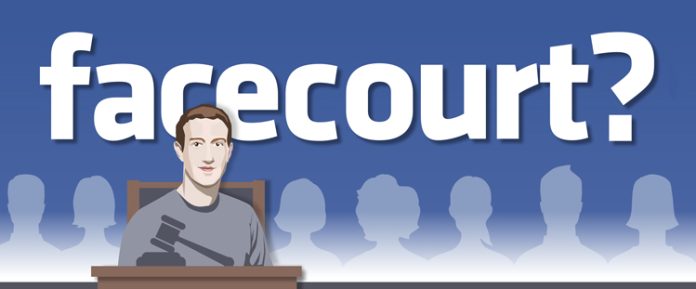An employee at Meta -Facebook’s Nairobi hub for content moderation, run by a contractor, said he suffered PTSD from disturbing images.
A Kenyan judge on Monday rejected an effort by Facebook’s parent company, Meta, to be removed from a lawsuit alleging worker abuse, exploitation and union-busting at its Nairobi content moderation hub, which was run by a contractor.
Lawyers for Meta had argued that Facebook had no registered office in Kenya and doesn’t operate there.
At the heart of the case is whether large tech companies can be held responsible for working conditions at content moderation operations run by contractors, which are tasked with removing graphic, violent or sexually explicit content, including child pornography, from online platforms. Viewing such images repeatedly can cause severe psychological distress.
The court’s ruling could have implications well beyond Kenya. Facebook employs around 15,000 workers globally, mostly through contractors, and YouTube and other Google products rely on about another 10,000 employees to scrutinize their platforms, according to a 2020 report by the New York University Stern Center for Business and Human Rights.
The case was brought by Daniel Motaung, a former content moderator for Meta’s contractor Sama who alleges he suffered post-traumatic stress disorder (PTSD) from constant exposure to disturbing images. He also alleges that Sama subjected workers to unreasonable working conditions, which included low and irregular pay, violations of privacy and dignity, and inadequate mental health support.
Motaung was recruited from South Africa in 2019 to work in Sama’s content moderation hub for East and Southern Africa. He said he was not told about the type of content he would be viewing before taking the job. He was fired after six months, after raising concerns about staff welfare and wages and trying to form a union.
The lawsuit seeks financial compensation for distress and a guarantee that content moderators employed by contractors receive the same pay and health benefits as Meta employees. The lawsuit also asks that union rights be protected and that independent human rights auditors examine the office. Since the lawsuit was filed in May, Sama has ended its contract with Meta.
British nonprofit Foxglove Legal and Kenyan law firm Nzili and Sumbi Advocates filed the case on behalf of Motaung in Kenya’s employment and labor relations court.
Lawyers for Meta and Sama declined to comment.
Odanga Madung, a senior researcher at the Mozilla Foundation, a U.S.-based nonprofit group focused on internet rights, described the decision as “monumental for accountability” in holding large tech companies responsible for working conditions.
“It shows that it is possible to get justice outside the U.S. and Western Europe,” he said.
Meta has faced similar lawsuits before. In 2021, a California judge approved an $85 million settlement between Facebook and more than 10,000 content moderators, who said they suffered harm due to violent images.
Meta is scheduled to face another challenge on Wednesday when a Kenyan court is to hear a case brought by Ethiopian academic Abrham Meareg. He alleges that he repeatedly tried to get Facebook to remove ethnically abusive content that threatened his father and that revealed his address but was unable to get the material taken down. His father was shot dead outside his home in November 2021 days after the material was posted online.
His father, chemistry professor Meareg Amare, had been subjected to threats over his Tigrayan ethnicity at a time when Tigrayan rebels were fighting Ethiopian government forces and thousands of Tigrayans had been detained without trial in Ethiopia. A peace deal was signed in November, ending the two-year conflict.
The lawsuit, which is backed by Amnesty International, seeks an award of 200 billion Kenya shillings, or $1.6 billion, to create a restitution fund for African victims of hate and violence incited on Facebook.












